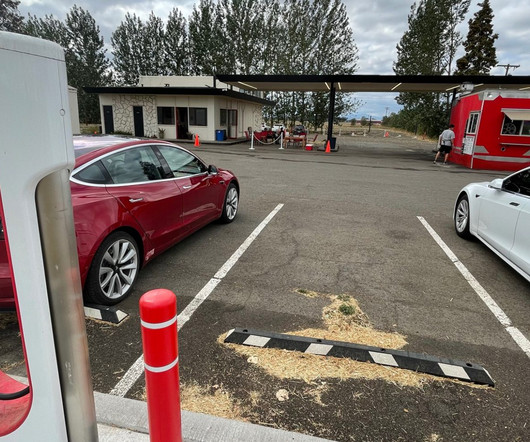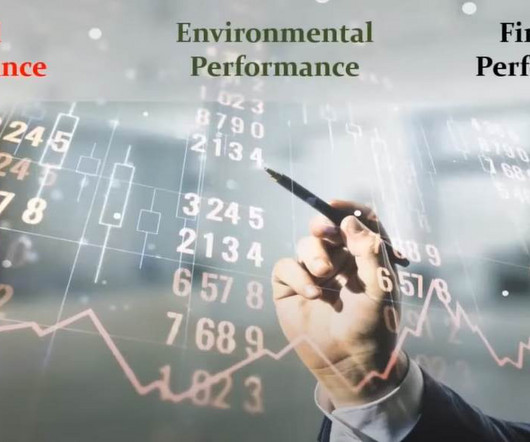U-Mich researcher’s first-principles analysis challenges conventional carbon accounting for biofuels; implications for climate policy
Green Car Congress
SEPTEMBER 24, 2013
System boundaries (red line) schematic for liquid fuel carbon balance. For biofuels, because biogenic carbon is automatically credited within a product lifecycle, the boundary effectively excludes vehicle end-use CO 2 emissions. Broadly speaking, two approaches have been used to examine the greenhouse gas (GHG) impacts of biofuels.


















Let's personalize your content